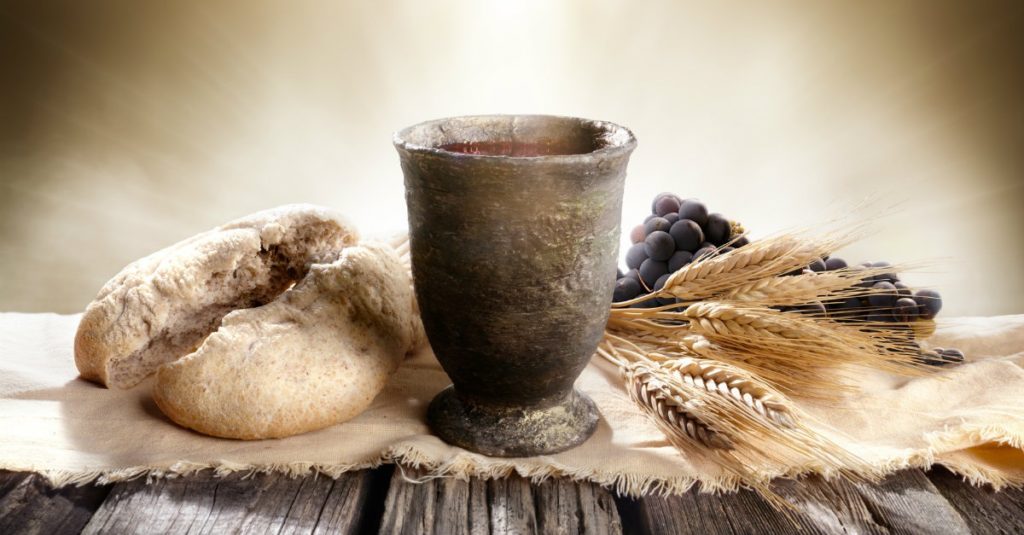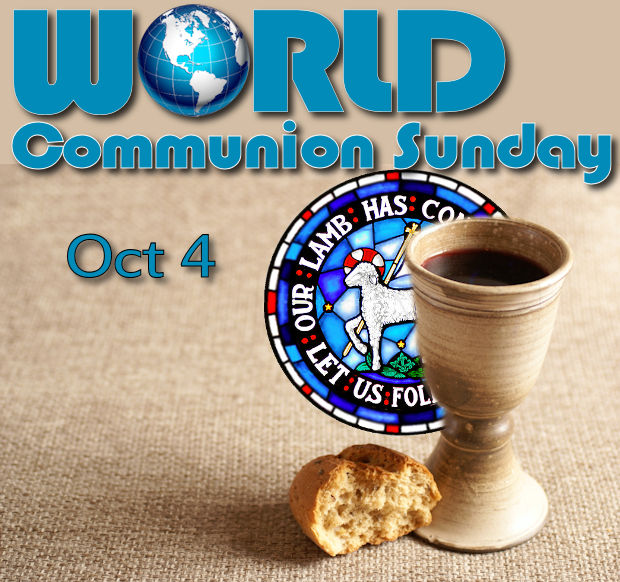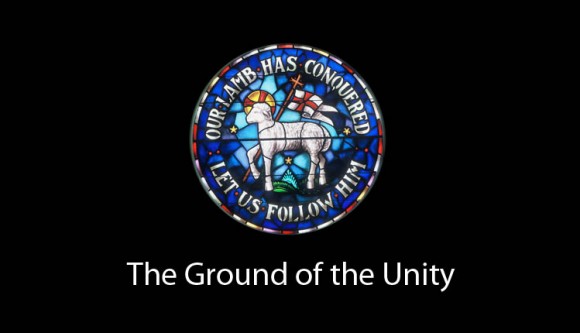By means of His presence in the Holy Communion He makes our unity in Him evident and certain even today. The Ground of the Unity, Doctrinal Statement of the Unitas Fratrum or Moravian Church

Christianity encompasses a broad range of belief – in understanding of God, interpretation of scripture, and stance on social issues. On some of the most emotionally charged of these issues, one finds Christians on opposing sides. So why does our primary Moravian doctrinal statement, The Ground of the Unity, confess “the Unity of the Church” when there seems to be so much evidence to the contrary?
The Bible teaches that common faith in Christ as Savior, rather than doctrinal agreement or
institutional integration, is the true foundation of Christian Unity. Diversity and unity need not be opposed to each other. As the Apostle Paul realized two millennia ago, persons of different genders, social classes, ethnicities, nationalities, and cultures can find solidarity in Jesus Christ.
Unity is based on believers’ shared relationship with their Savior.
World Communion Sunday began in a Presbyterian Church in 1930’s America as tangible expression of the essential unity of the church. It is observed the first Sunday in October every year. On this day of confession and recommitment, followers of Jesus “confess their share in the guilt which is manifest in the severed and divided state of Christendom,” and recommit themselves to “give evidence of and seek unity in Him with zeal and love.” (Ground of the Unity.)


